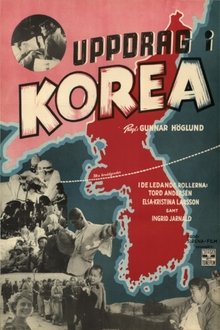Related Movies
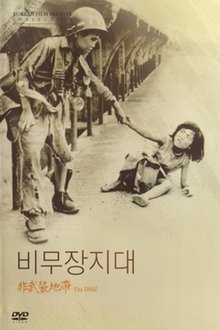
The DMZ (1965)
The film exposes the atrocities of war through the eyes of two children who are stranded in the DMZ after the end of the Korean War. The DMZ, strewn with abandoned tanks, dead bodies, land mines, and unexploded shells, is an exceedingly dangerous place for children. But what most endangers them in the end are not weapons but people.
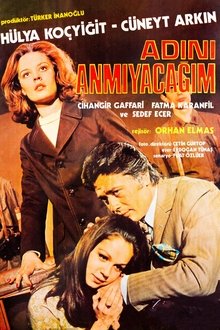
I will not mention your name (1971)
Gul is a famous singer, married to Captain Engin, who has studied law. Engin goes to Korea during the war. One day Gul is told that he is dead. Her violinist, Cemil fancies her. One day Gul meets Engin again, yet Cemil continues molesting her. Engin takes his daughter while Gul gives becomes an alcoholic and is miserable. Engin learns about her condition and decides to go to her but in a car accident he becomes blind. Gul starts to work in their house under a false name, Seher. In the meantime she gives piano lessons to their daughter Oya. Engin regains his eyesight after a surgery. Cemil attempts to rape Oya, but Gul reaches in time, saves Oya and kills Cemil. Oya finds out that Gul is her mother and asks Engin to defend her in court. A happy future awaits all three.
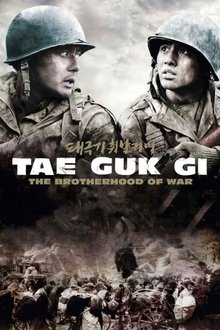
Tae Guk Gi: The Brotherhood of War (2004)
When two brothers are forced to fight in the Korean War, the elder decides to take the riskiest missions if it will help shield the younger from battle.
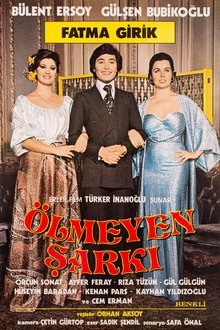
Ölmeyen Şarkı (1977)
Semra is a famous singer, and her daughter Cigdem goes to the Conservatoire. Cigdem falls in love with the new music teacher Bulent. There is a piece of music which Semra plays, and Cigdem is curious about it. Semra tells her daughter about her love from the youth named Kemal. Bulent also has a similar story at his home and it turns out Bulent is the son of Semra's old love Kenan. Cigdem and Bulent want to get married but Cigdem's father doesn't approve their marriage. Bulent resigns from the school and becomes a successful singer. Eventually, love beats all the difficulties and Cigdem and Bulent share a happy life together.
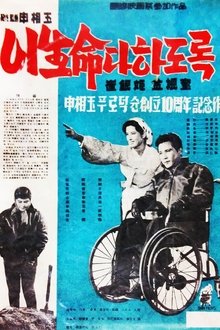
To the Last Day (1960)
Captain Kim is grievously wounded in the first days of the war. When the northern troops continue their advance, his wife and small daughters flee south to Taegu, dragging him along in a two-wheel handcart. His wife struggles to keep herself and their surviving daughter alive. Working as a market trader, she meets a kind young man -- who happens to be tall, dark and handsome.
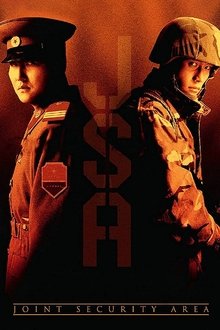
Joint Security Area (2000)
Two North Korean soldiers are killed in the border area between North and South Korea, prompting an investigation by a neutral body. The sergeant is the shooter, but the lead investigator, a Swiss-Korean woman, receives differing accounts from the two sides.
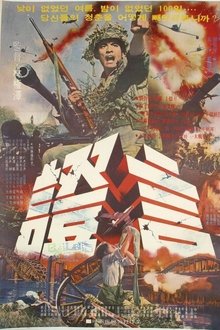
The Testimony (1974)
June 25, 1950. When second lieutenant Jang has a date with his girl friend during weekend, numerous North Korean jet fighters make sudden air raids to the skies of Seoul. It is the beginning of Korean War. In spite of Korean Army's brave defense, North Korean army reddens South Korea with their state-of-the-art weapons. This movie describes the progress of war from the invasion in June 25, 1950 to the reclamation of territory on the basis of Sun-A's personal experience. Also this film reminds hard lessons from tragic history.
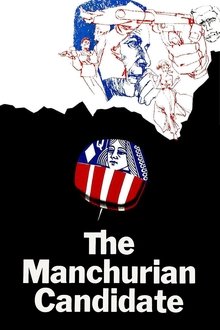
The Manchurian Candidate (1962)
Near the end of the Korean War, a platoon of U.S. soldiers is captured by communists and brainwashed. Following the war, the platoon is returned home, and Sergeant Raymond Shaw is lauded as a hero by the rest of his platoon. However, the platoon commander, Captain Bennett Marco, finds himself plagued by strange nightmares and soon races to uncover a terrible plot.
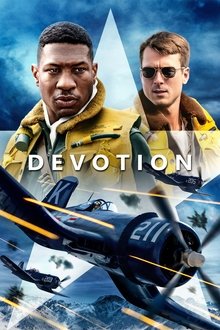
Devotion (2022)
The harrowing true story of two elite US Navy fighter pilots during the Korean War. Their heroic sacrifices would ultimately make them the Navy's most celebrated wingmen.
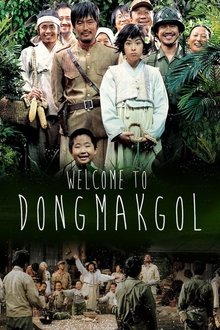
Welcome to Dongmakgol (2005)
Based on the long running play by Jang Jin, the story is set in Korea during the Korean War in 1950. Soldiers from both the North and South, as well as an American pilot, find themselves in a secluded and naively idealistic village, its residents unaware of the outside world, including the war.
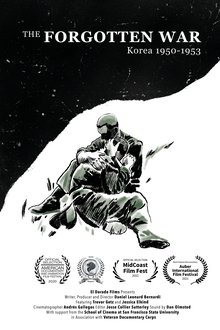
The Forgotten War (2020)
The Korean War saw three years of heavy combat take place on the small Korean peninsula, ending in a stalemate that remains contested to this day. This documentary tells the story of the Forgotten War from the point of view of the veterans that were sent to fight it.
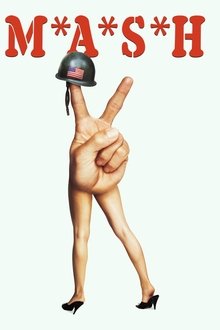
M*A*S*H (1970)
The staff of a Korean War field hospital use humor and hijinks to keep their sanity in the face of the horror of war.
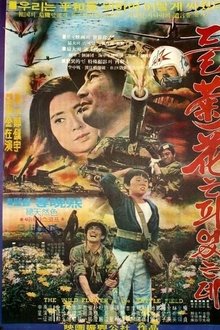
Wildflowers on the Battleground (1974)
A look at the Korean War through the eyes of a mute boy who was kept as a mascot by a regiment of soldiers near the front lines.
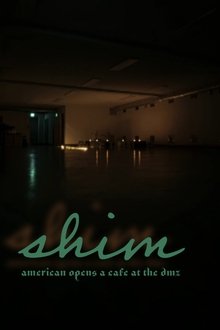
Shim: American Opens a Cafe at the DMZ (2024)
A cafe is growing, tucked in to the mountainside air raid shelter of the DMZ borderlands. A light light flickers, illuminating the past, present, and future. I'll see you at the DMZ! Shim was a free, one-day pop-up cafe staged in Yangji-ri village’s air raid shelter at the Korean DMZ. Referencing Korean cafe culture’s fixation on third place, the DMZ’s evolution from security tourism, to ecological peace tourism, and its repurposing as art production site, Shim attempts to intervene and align the past and present. Yangji-ri was one of many minbuk propaganda villages established by the Park Chung Hee regime in the 1960s to showcase the farming bounty and prosperity of the south for a North Korean gaze. The village was formerly part of the Civilian Control Line (CCL) until 2013 when it was reterritorialized as a normal part of South Korea.
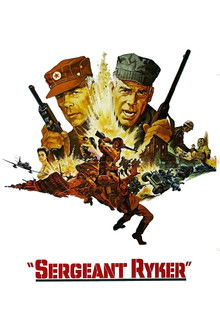
Sergeant Ryker (1968)
During the Korean War Sergeant Paul Ryker is accused of defecting to Communist China and then returning to his unit as a spy. He's court-martialed and sentenced to death but his attorney believes Ryker's innocent and asks for a new trial.

Pork Chop Hill (1959)
Korean War, April 1953. Lieutenant Clemons, leader of the King company of the United States Infantry, is ordered to recapture Pork Chop Hill, occupied by a powerful Chinese Army force, while, just seventy miles away, at nearby the village of Panmunjom, a tense cease-fire conference is celebrated.
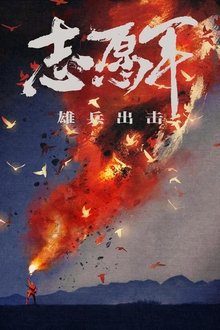
The Volunteers: To the War (2023)
In the early days of the founding of the People's Republic of China in 1949, New China was faced with "internal and external troubles". Since the outbreak of the Korean Civil War, the U.S. military has repeatedly provoked the border between China and North Korea, and civilians have been brutally bombed. In order to maintain the hard-won peace and long-term stability for generations, in October 1950, the Chinese People's Volunteers entered North Korea, and the "Resist US Aid Korea" war kicked off.

Once Upon a Time in Seoul (2008)
1953, the Korean war has ended, but the fight for survival has just begun. Two 18 year old boys, Tae-ho and Jong-du, live in a camp for orphaned boys, which is more of a concentration camp where everyone suffers from hunger, inhumane treatment and unbearable work conditions. But these two have a dream of a better tomorrow. Tae-ho is the one with wits and brains and Jong-du is the tough street fighter. Together they scheme to steal US Army supplies and recruit other boys to grow their business. But when they start to take business away from the local gangsters, their fight fur survival turns into a war…

